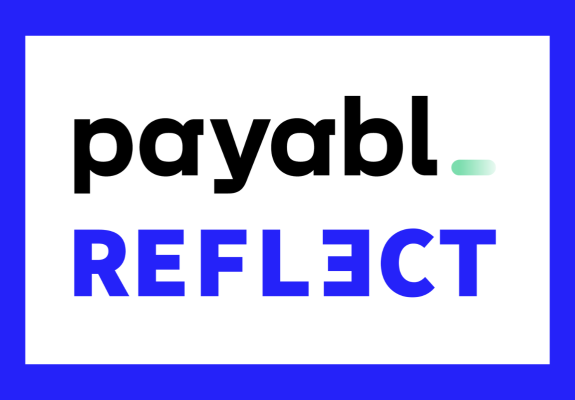The Paper Ceiling Effect: Barriers To Career Progression For Workers Without A Degree
You've spent countless hours at work, gained skills that few possess, yet when it’s time for a promotion, your resume hits an invisible wall. Why? Because you're missing one piece of paper—a degree. This phenomenon, known as the "Paper Ceiling," is more common than you think and prevents many talented individuals from reaching their full potential.
The term "Paper Ceiling" refers to the barriers faced by employees without a higher education degree when trying to advance professionally. These barriers arise from the excessive emphasis many businesses place on academic qualifications, without considering experience and skills acquired through work or other pathways.
This focus on degrees is partly due to habit and established evaluation practices. Many companies use degrees as a primary criterion for hiring and promotion, as they provide a common benchmark for assessing candidates’ knowledge and capabilities. Degrees are also seen as guarantees of essential theoretical knowledge critical for certain professional tasks, offering recognition and credibility, particularly in fields where academic expertise is deemed indispensable.
There are many strategies to help workers without degrees break through the "Paper Ceiling" and demonstrate their value in the job market.
One key strategy is acquiring specialized certifications. Certifications in specific skills or fields, such as technology, project management, or data analysis, can enhance a professional profile and prove competency and expertise in targeted areas, regardless of the absence of a degree.
Additionally, joining professional networks and building relationships with other professionals can open new opportunities. Attending events, seminars, and interest groups can provide access to valuable contacts and insights into market trends and requirements.
Continuous skill development is also critical. Invest in learning and acquiring new skills through online courses, workshops, and training sessions. This investment can improve professional competitiveness and strengthen your career prospects.
Creating a strong portfolio can also be highly effective. Showcase projects, achievements, and results you’ve delivered. A portfolio can serve as visual proof of your skills and accomplishments, giving employers a clear picture of the value you bring.
By implementing these strategies, workers without degrees can overcome the "Paper Ceiling" and unlock new opportunities for professional growth. Continuous development and adaptability to market needs are essential for success. Invest in knowledge, build professional relationships, and confidently showcase your skills.






